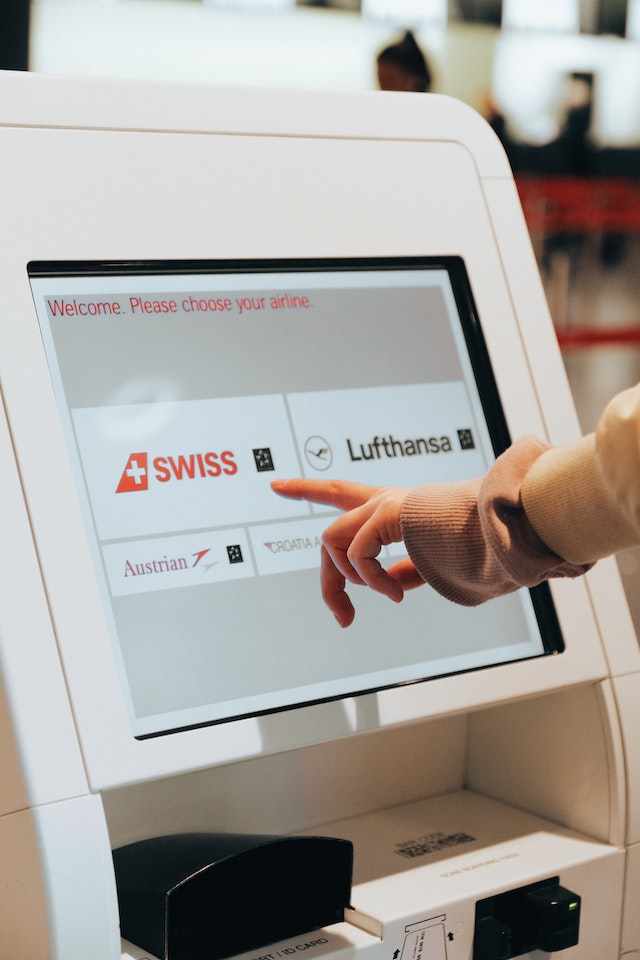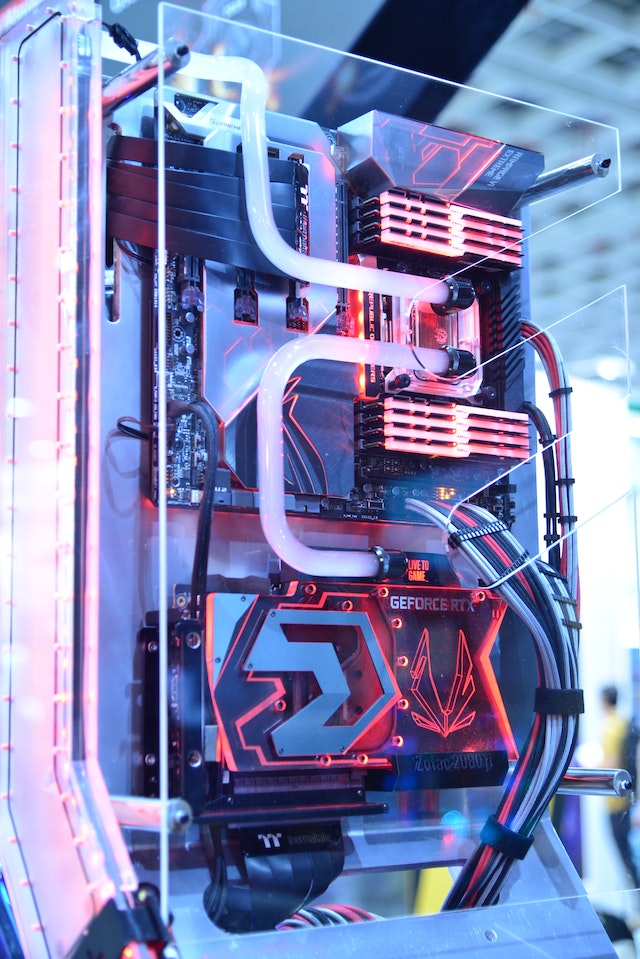Cybersecurity in the Age of Remote Work The rapid rise of remote work has transformed the modern workplace. They offer flexibility and convenience to employees. While presenting unique cybersecurity challenges for organizations. As remote work becomes increasingly prevalent. It is imperative for businesses to adopt robust cybersecurity measures to safeguard sensitive data and maintain operational integrity.
Understanding Remote Work
Remote work refers to the practice of employees performing. Their tasks and responsibilities are from locations outside the traditional office environment. This can include working from home, co-working spaces, or other remote locations. The widespread adoption of remote work has been accelerated by advancements in technology and changes in work culture.
Cybersecurity Risks in Remote Work
Unsecured Networks:
Remote workers often connect to the internet through various networks. Including public Wi-Fi. These networks are vulnerable to cyberattacks. They make it easier for malicious actors to intercept sensitive information.
Phishing Attacks:
Cybercriminals exploit remote work scenarios through phishing emails and malicious websites. They trick employees into divulging confidential information or installing malware.
Device Security:
Personal devices used for remote work might lack proper security measures. They potentially expose organizations to data breaches if these devices are compromised.
Data Leakage:
The transfer of sensitive data between corporate networks and remote devices. They can lead to inadvertent data leakage if not adequately secured.
Lack of Monitoring:
Supervision of remote workers can be challenging. They lead to potential security gaps and policy violations.
Best Practices for Remote Work Cybersecurity
Use of Virtual Private Networks (VPNs):
Encourage employees to utilize VPNs to encrypt internet connections. They enhance data privacy and security.
Multi-Factor Authentication (MFA):
Implement MFA for all remote access to corporate systems. They add an extra layer of protection against unauthorized access.
Regular Software Updates:
Ensure that remote devices have up-to-date software. Including operating systems and security patches, to mitigate vulnerabilities.
Secure Collaboration Tools:
Utilize trusted and encrypted communication and collaboration tools. To protect sensitive information shared among remote teams.
Security Awareness Training:
Conduct regular training sessions to educate remote workers about cybersecurity best practices. Particularly regarding phishing awareness.
Device Management:
Implement remote device management solutions. That allows organizations to monitor and control remote devices. They ensure compliance with security policies.
Balancing Privacy and Security
Data Privacy Concerns:
Remote work can blur the lines between personal and professional data. They require careful consideration of data privacy regulations and ethical use of employee data.
Read more: Beats Studio Buds: How To Quickly And Easily Charge
Endpoint Security:
Employ strategies to secure endpoints without infringing on employees’ privacy rights. Such as separating personal and work-related applications and data.
Remote Work and the Future of Cybersecurity
Adapting to Hybrid Models:
As remote work models evolve, organizations should adapt. Their cybersecurity strategies accommodate hybrid work environments.
Continuous Monitoring:
Implement real-time monitoring and response mechanisms. To detect and mitigate cyber threats promptly.
Collaboration with IT and HR:
Foster collaboration between IT and HR departments to address cybersecurity concerns. While maintaining a positive remote work experience for employees.
Conclusion
In the age of remote work, prioritizing cybersecurity is paramount for organizations seeking to protect sensitive data. They maintain operational continuity and build trust with their employees. By implementing robust cybersecurity measures and fostering a culture of security awareness. Businesses can navigate the challenges of remote work. While safeguarding their digital assets and reputation.
Faqs : (Frequently Asked question)
Q1. Why is cybersecurity important in the digital age?
A. Cybersecurity is essential in the digital age to protect sensitive data. They prevent cyberattacks and ensure privacy. Maintain trust in digital interactions and systems.
Q2.Can cybersecurity people work remotely?
A. Yes, cybersecurity professionals can work remotely to monitor and secure digital systems. They analyze threats, implement measures, and provide remote support for maintaining information security.
Q3. What is the most important tool in cyber security?
A. Encryption is a vital tool in cybersecurity, safeguarding data by converting it into unreadable code. They ensure confidentiality and prevent unauthorized access during transmission and storage.
Q4.Can an ethical hacker work remotely?
A. Yes, ethical hackers can work remotely to identify vulnerabilities. The test systems, and strengthen security measures. While collaborating with organizations to enhance their digital defenses from a distance.
Q5. What type of people work in cybersecurity?
A. Cybersecurity professionals include analysts, engineers, and ethical hackers. The incident responders and managers collaborate to protect digital systems. Data, and networks from cyber threats and attacks.




One Comment on “Cybersecurity in the Age of Remote Work”
Comments are closed.